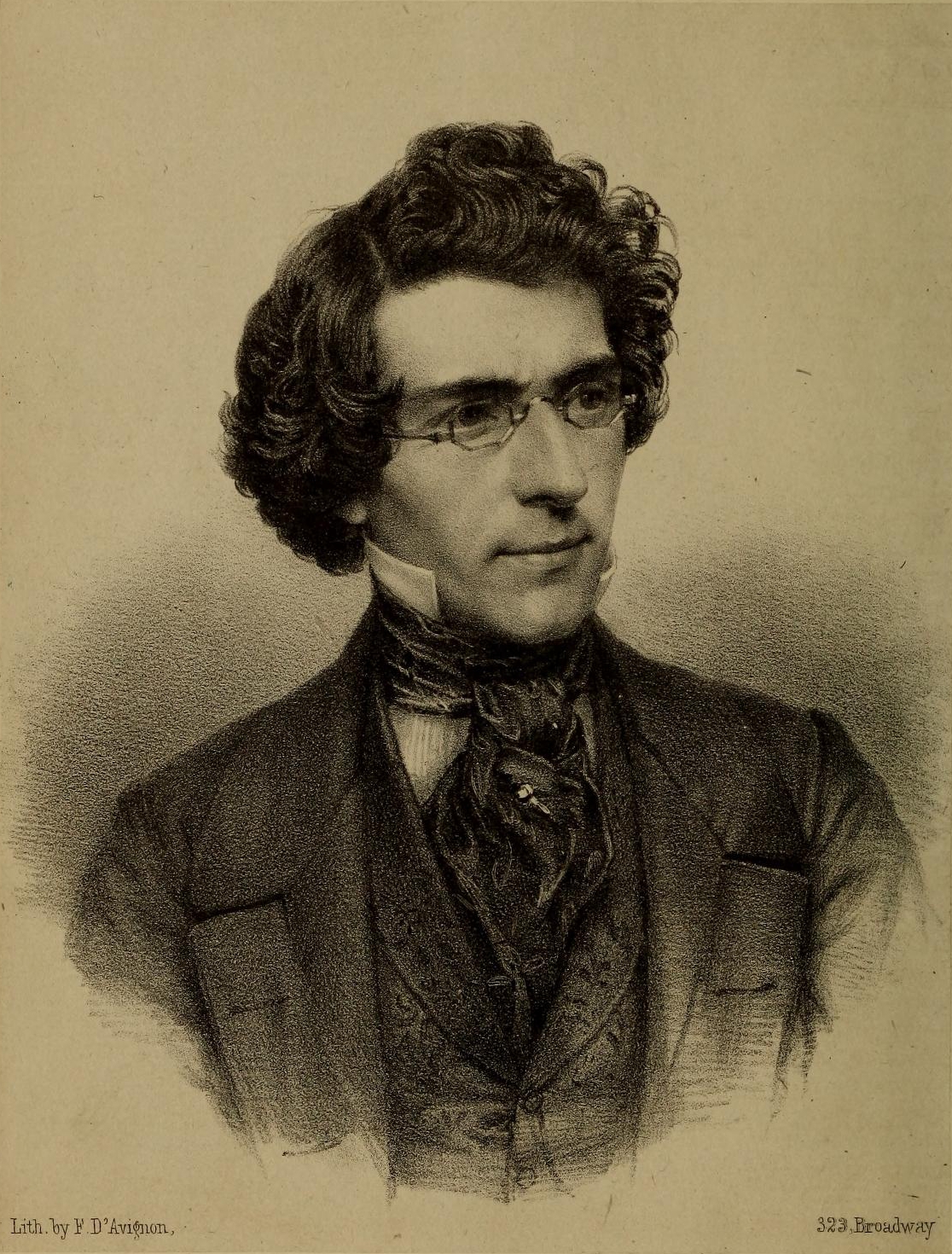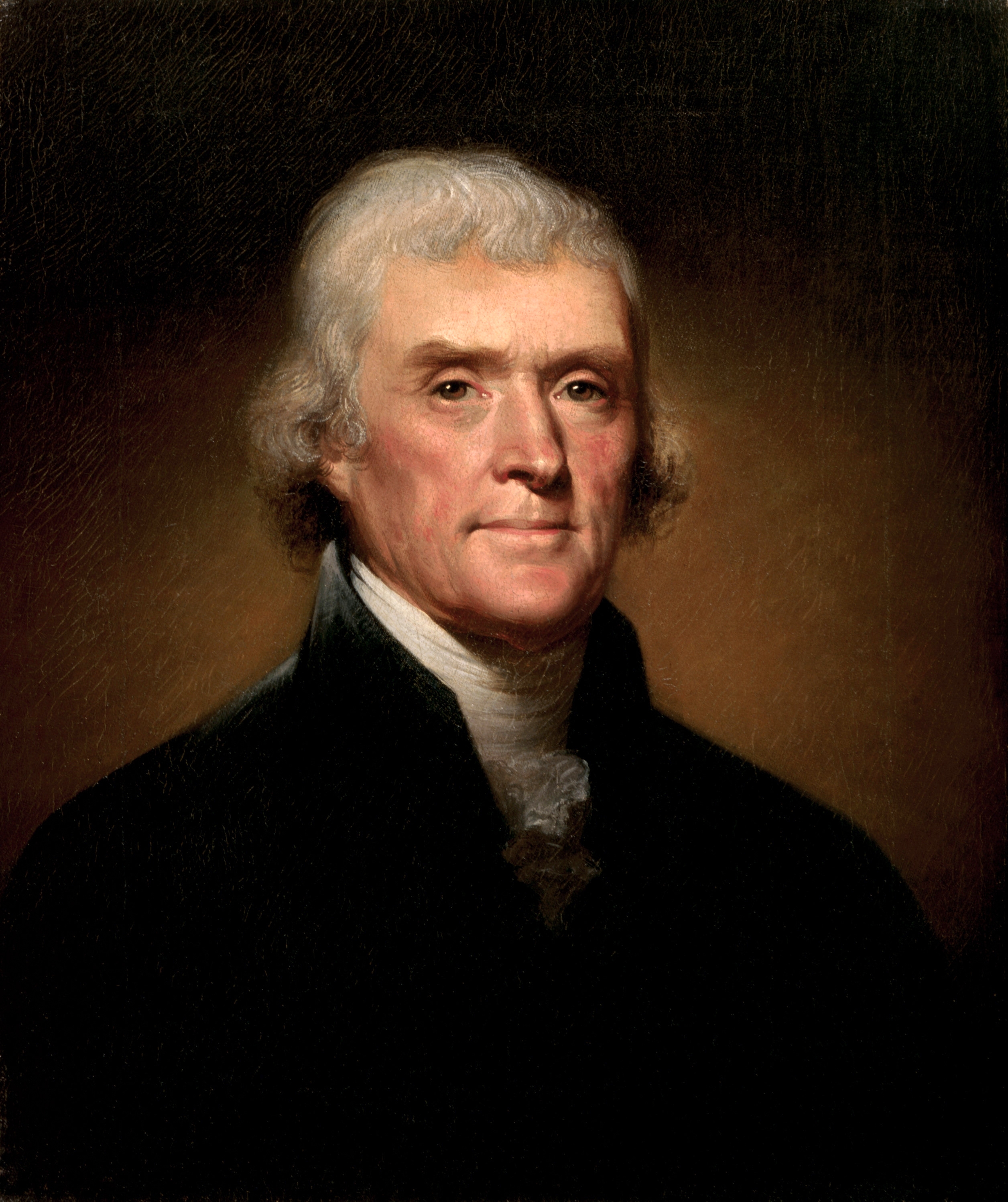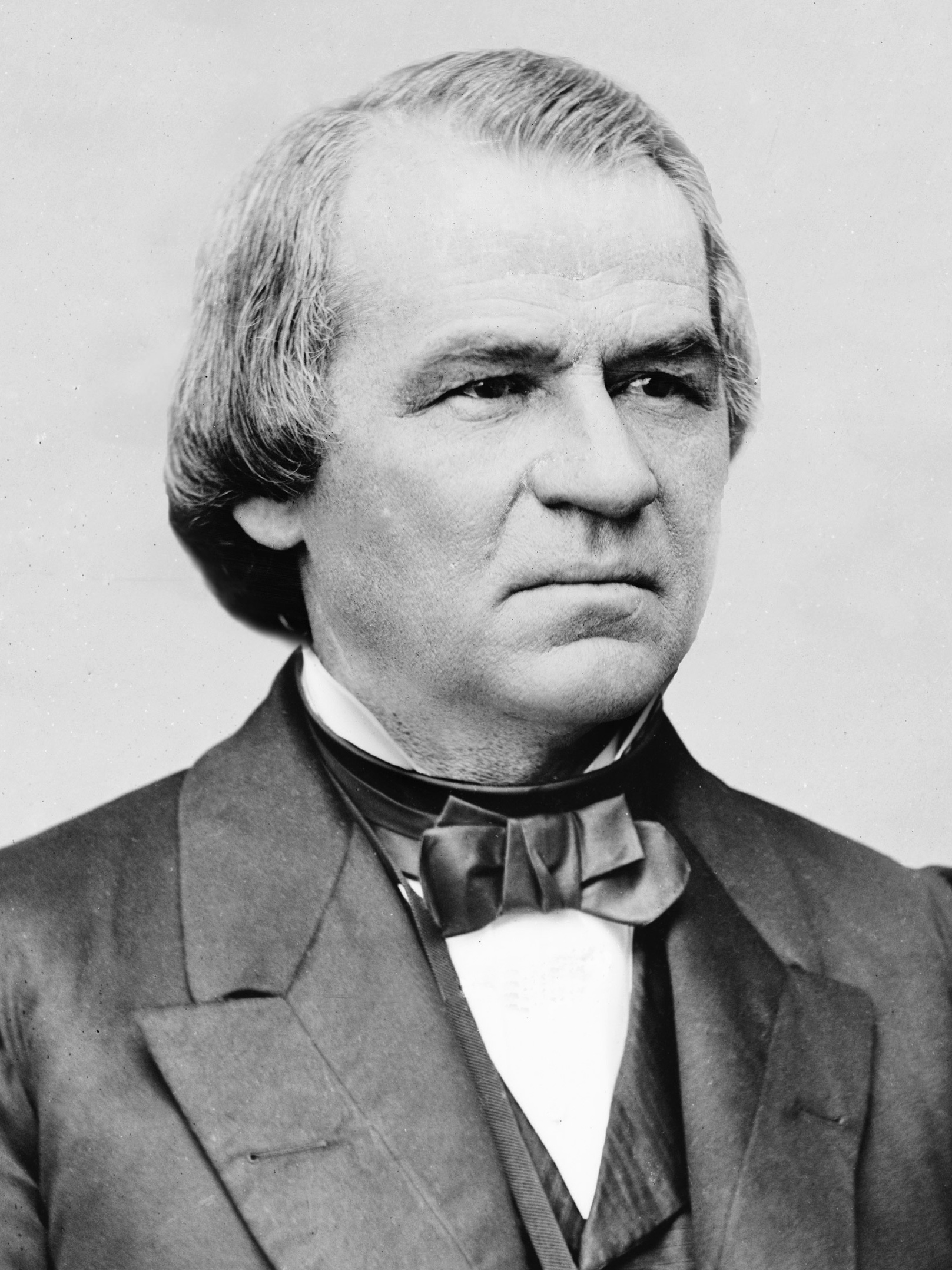|
Charles Goodyear (US Politician)
Charles Goodyear (April 26, 1804 – April 9, 1876) was a banker, attorney, and politician from New York. He was most notable for his service as a United States representative from 1845 to 1847 and 1865 to 1867. Early life Goodyear was born in Cobleskill, New York on April 26, 1804, the son of Jared Goodyear and Bede (Ives) Goodyear. He attended Hartwick Academy in Otsego County and graduated from Union College in 1824. He studied law with Henry Hamilton, was admitted to the bar in 1826 and commenced practice with Hamilton in Schoharie, New York. Start of career A Democrat, he was Schoharie's town supervisor from 1834 to 1837. In 1840 he also served in the New York State Assembly. Goodyear was appointed first judge of Schoharie County in February 1843 and served until November 1847. Tenure in Congress Goodyear was elected to the United States House of Representatives and served in the 29th Congress (March 4, 1845 – March 3, 1847). During this term, Goodyear was a me ... [...More Info...] [...Related Items...] OR: [Wikipedia] [Google] [Baidu] |
Mathew Brady
Mathew B. Brady ( – January 15, 1896) was one of the earliest photographers in American history. Best known for his scenes of the American Civil War, Civil War, he studied under inventor Samuel Morse, who pioneered the daguerreotype technique in America. Brady opened his own studio in New York City in 1844, and photographed Andrew Jackson, John Quincy Adams, and Abraham Lincoln, among other public figures. When the Civil War started, his use of a mobile studio and darkroom enabled vivid battlefield photographs that brought home the reality of war to the public. Thousands of war scenes were captured, as well as portraits of generals and politicians on both sides of the conflict, though most of these were taken by his assistants, rather than by Brady himself. After the war, these pictures went out of fashion, and the government did not purchase the master-copies as he had anticipated. Brady's fortunes declined sharply, and he died in debt. Early life Brady left little recor ... [...More Info...] [...Related Items...] OR: [Wikipedia] [Google] [Baidu] |
Schoharie (town), New York
Schoharie ( ) is an incorporated town in and the county seat of Schoharie County, New York. The population was 3,299 at the 2000 census. The Town of Schoharie has a village, also called Schoharie. Both are derived from the Mohawk word for driftwood. The town is on the northeast border of the county and is southwest of Albany, and east of Oneonta and Cooperstown, both located in Otsego County. It is 170 miles 73 kmnorth from NYC. History This area was long occupied by indigenous peoples; in the historic period, the Mohawk people, one of the Five Nations of the ''Haudenosaunee,'' or Iroquois Confederacy, dominated this territory, ranging up to the St. Lawrence River and east to the Hudson. Although the English claimed New York province after taking control from the Dutch, the first European settlements in this area were by Palatine Germans in 1713, after the area was first explored in 1710/11. These Germans were among nearly 3,000 German Protestant refugees who sailed to Ne ... [...More Info...] [...Related Items...] OR: [Wikipedia] [Google] [Baidu] |
Albemarle County, Virginia
Albemarle County is a county located in the Piedmont region of the Commonwealth of Virginia. Its county seat is Charlottesville, which is an independent city and enclave entirely surrounded by the county. Albemarle County is part of the Charlottesville Metropolitan Statistical Area. As of the 2020 census, the population was 112,395. Albemarle County was created in 1744 from the western portion of Goochland County, though portions of Albemarle were later carved out to create other counties. Albemarle County was named in honor of Willem Anne van Keppel, 2nd Earl of Albemarle. Its most famous inhabitant was Thomas Jefferson, who built his estate home, Monticello, in the county. History At the time of European encounter, the inhabitants of the area that became Albemarle County were a Siouan-speaking tribe called the Saponi. In 1744, the Virginia General Assembly created Albemarle County from the western portion of Goochland County. The county was named in honor of Will ... [...More Info...] [...Related Items...] OR: [Wikipedia] [Google] [Baidu] |
Justice Of The Peace
A justice of the peace (JP) is a judicial officer of a lower or ''puisne'' court, elected or appointed by means of a commission ( letters patent) to keep the peace. In past centuries the term commissioner of the peace was often used with the same meaning. Depending on the jurisdiction, such justices dispense summary justice or merely deal with local administrative applications in common law jurisdictions. Justices of the peace are appointed or elected from the citizens of the jurisdiction in which they serve, and are (or were) usually not required to have any formal legal education in order to qualify for the office. Some jurisdictions have varying forms of training for JPs. History In 1195, Richard I ("the Lionheart") of England and his Minister Hubert Walter commissioned certain knights to preserve the peace in unruly areas. They were responsible to the King in ensuring that the law was upheld and preserving the " King's peace". Therefore, they were known as "keepers of th ... [...More Info...] [...Related Items...] OR: [Wikipedia] [Google] [Baidu] |
American Civil War
The American Civil War (April 12, 1861 – May 26, 1865; also known by other names) was a civil war in the United States. It was fought between the Union ("the North") and the Confederacy ("the South"), the latter formed by states that had seceded. The central cause of the war was the dispute over whether slavery would be permitted to expand into the western territories, leading to more slave states, or be prevented from doing so, which was widely believed would place slavery on a course of ultimate extinction. Decades of political controversy over slavery were brought to a head by the victory in the 1860 U.S. presidential election of Abraham Lincoln, who opposed slavery's expansion into the west. An initial seven southern slave states responded to Lincoln's victory by seceding from the United States and, in 1861, forming the Confederacy. The Confederacy seized U.S. forts and other federal assets within their borders. Led by Confederate President Jefferson Davis, ... [...More Info...] [...Related Items...] OR: [Wikipedia] [Google] [Baidu] |
1868 Democratic National Convention
The 1868 Democratic National Convention was held at Tammany Hall in New York City between July 4, and July 9, 1868. The first Democratic convention after the conclusion of the American Civil War, the convention was notable for the return of Democratic Party politicians from the Southern United States. Venue The convention was held at the new Tammany Hall building on East 14th Street in Manhattan, New York City, which replaced the organization's earlier headquarters. For the convention, the hall was elaborately decorated. Convention officers Horatio Seymour, the former governor of New York, served as the permanent chairman of the convention. Each state delegation had a vice president and secretary to the convention. Henry L. Palmer of Wisconsin served as the convention's temporary chairman, after the convention voted on the opening day to appoint him after he was nominated by Democratic National Committee Chairman August Belmont. Events of the convention On July 4, 1868, coinci ... [...More Info...] [...Related Items...] OR: [Wikipedia] [Google] [Baidu] |
National Union Convention
The National Union Convention (also known as the Loyalist Convention, the Southern Loyalist Convention, the National Loyalists' Loyal Union Convention, or the Arm-In-Arm Convention) was held on August 14, 15, and 16 1866, in Philadelphia, Pennsylvania. Convention The convention was called in Philadelphia before of the midyear elections of 1866 in an attempt to encourage political support for US President Andrew Johnson, who was under attack by both moderate and Radical Republicans. Johnson's friends tried to rally support for his lenient pro-South Reconstruction policies. Some hoped to create a new political party, but that goal was not realized. Delegates gathered at a hastily-built temporary structure that was designed to accommodate the several thousand people expected to attend. Formally called "the Wigwam," the immense edifice was on Girard Avenue, between 19th and 20th Streets, across from Philadelphia's Girard College. About 7000 prominent politicians and activists attende ... [...More Info...] [...Related Items...] OR: [Wikipedia] [Google] [Baidu] |
United States Court Of Private Land Claims
The United States Court of Private Land Claims (1891–1904) was an ad-hoc court created to decide land claims guaranteed by the Treaty of Guadalupe Hidalgo, in the territories of New Mexico, Arizona, and Utah, and in the states of Nevada, Colorado, and Wyoming. Origins During Spanish (1598–1821) and Mexican (1821–1846) rule over what was to become the U.S. Southwest, the governments made land grants to various individuals and communities. Under the Treaty of Guadalupe Hidalgo (1848), which ended the Mexican–American War, the United States obtained these territories, and in Article VIII guaranteed the rights of Mexican and former Mexican citizens to their property. However, the U.S. Senate in ratifying the treaty eliminated Article 10, which stated that the U.S. government would honor and guarantee all land grants awarded in lands ceded to the United States to citizens of Spain and Mexico by those respective governments. Thus land grants were subject to being proved. In ... [...More Info...] [...Related Items...] OR: [Wikipedia] [Google] [Baidu] |
United States House Committee On Revolutionary Pensions
The United States House Committee on Revolutionary Pensions was a U.S. House committee, established on January 10, 1831, that superseded the defunct Committee on Military Pensions to assume jurisdiction over issues related to pensions for service in the American Revolutionary War. In 1867, the committee assumed the role of administering to pension issues related to the War of 1812 The War of 1812 (18 June 1812 – 17 February 1815) was fought by the United States of America and its indigenous allies against the United Kingdom and its allies in British North America, with limited participation by Spain in Florida. It bega ... to reduce the workload of the Committee on Invalid Pensions. The committee on Revolutionary Pensions was subsequently dissolved in 1880 following the creation of the Committee on Pensions. References {{United States congressional committees Revolutionary Pensions ... [...More Info...] [...Related Items...] OR: [Wikipedia] [Google] [Baidu] |
39th United States Congress
The 39th United States Congress was a meeting of the legislative branch of the United States federal government, consisting of the United States Senate and the United States House of Representatives. It met in Washington, D.C. from March 4, 1865, to March 4, 1867, during Abraham Lincoln's final month as president, and the first two years of the administration of his successor, U.S. President Andrew Johnson. The apportionment of seats in this House of Representatives was based on the Eighth Census of the United States in 1860. Both chambers had a Republican majority. Major events * March 4, 1865: Second inauguration of President Abraham Lincoln. * April 9, 1865: Surrender of Confederate forces at Appomattox Court House, effectively ending the American Civil War * April 15, 1865: Assassination of President Abraham Lincoln, Vice President Andrew Johnson became President of the United States * December 11, 1865: Creation of the House Appropriations Committee and the House Banki ... [...More Info...] [...Related Items...] OR: [Wikipedia] [Google] [Baidu] |
United States House Committee On Invalid Pensions
The United States House Committee on Invalid Pensions is a former committee of the United States House of Representatives from 1831 to 1946. The committee was created on January 10, 1831, with jurisdiction over matters relating to pensions for disabled veterans. Originally, the jurisdiction of the committee included pensions from the War of 1812. The committee had become so overburdened with pensions from the Civil War, that on March 26, 1867, jurisdiction for pensions from the War of 1812 was transferred to the Committee on Revolutionary Pensions. Subsequently, jurisdiction of the Committee on Invalid Pensions included only matters relating to pensions of the Civil War, with the committee reporting general and special bills authorizing payments of pensions and bills for relief of soldiers of that war. In 1939 the jurisdiction of the committee was changed to include, "the pensions of all the wars of the United States and peace-time service, other than the Spanish–American War, Ph ... [...More Info...] [...Related Items...] OR: [Wikipedia] [Google] [Baidu] |
29th United States Congress
The 29th United States Congress was a meeting of the legislative branch of the United States federal government, consisting of the United States Senate and the United States House of Representatives. It met in Washington, D.C. from March 4, 1845, to March 4, 1847, during the first two years of James Polk's presidency. The apportionment of seats in the House of Representatives was based on the Sixth Census of the United States in 1840. Both chambers had a Democratic majority. Major events * March 4, 1845: James K. Polk became President of the United States * October 10, 1845: The Naval School (later renamed the United States Naval Academy) opened in Annapolis, Maryland * December 2, 1845: President Polk announced to Congress that the Monroe Doctrine should be strictly enforced and that the United States should aggressively expand into the West. * April 25, 1846: Open conflict over border disputes of Texas's boundaries began the Mexican–American War Major legislation * May 1 ... [...More Info...] [...Related Items...] OR: [Wikipedia] [Google] [Baidu] |






